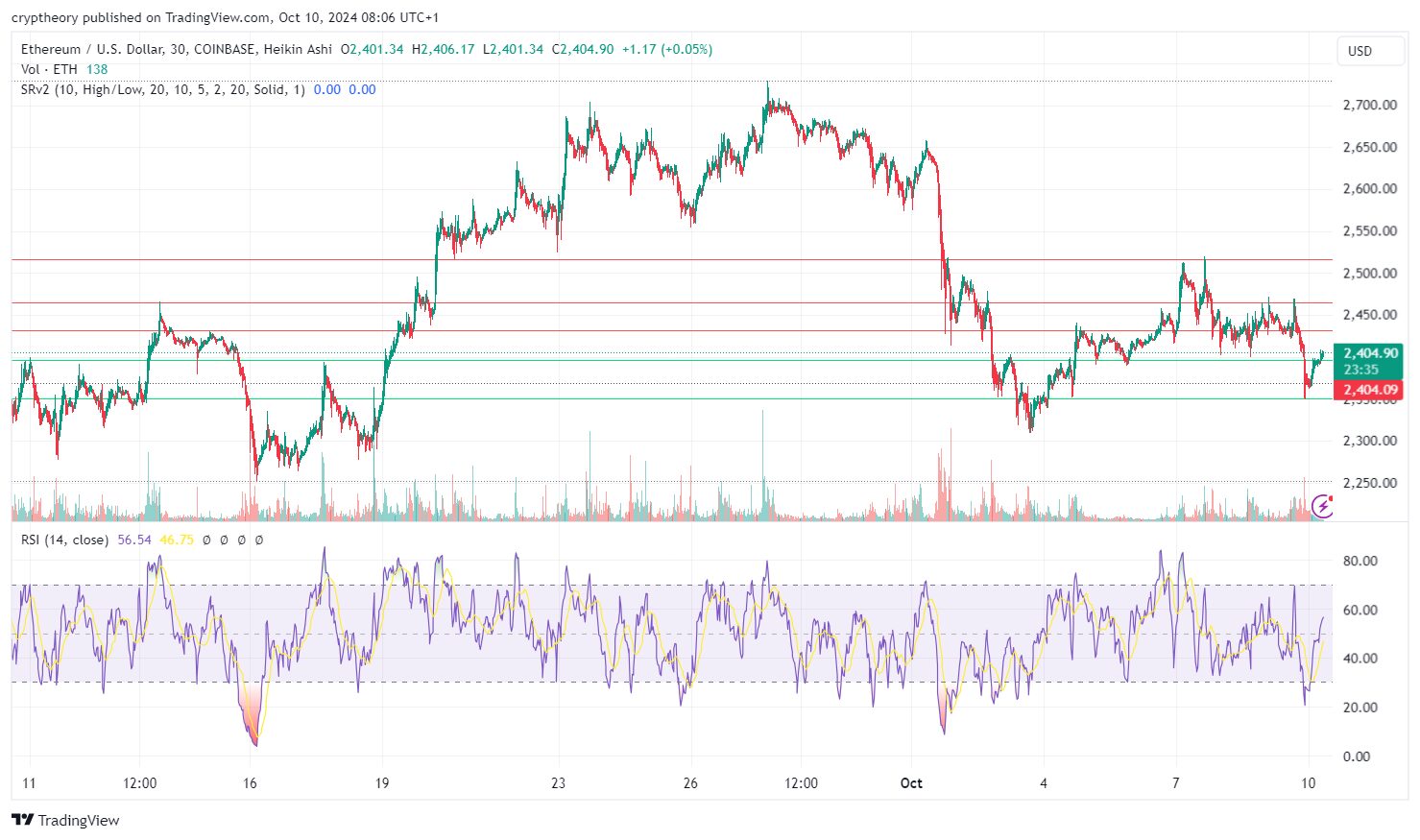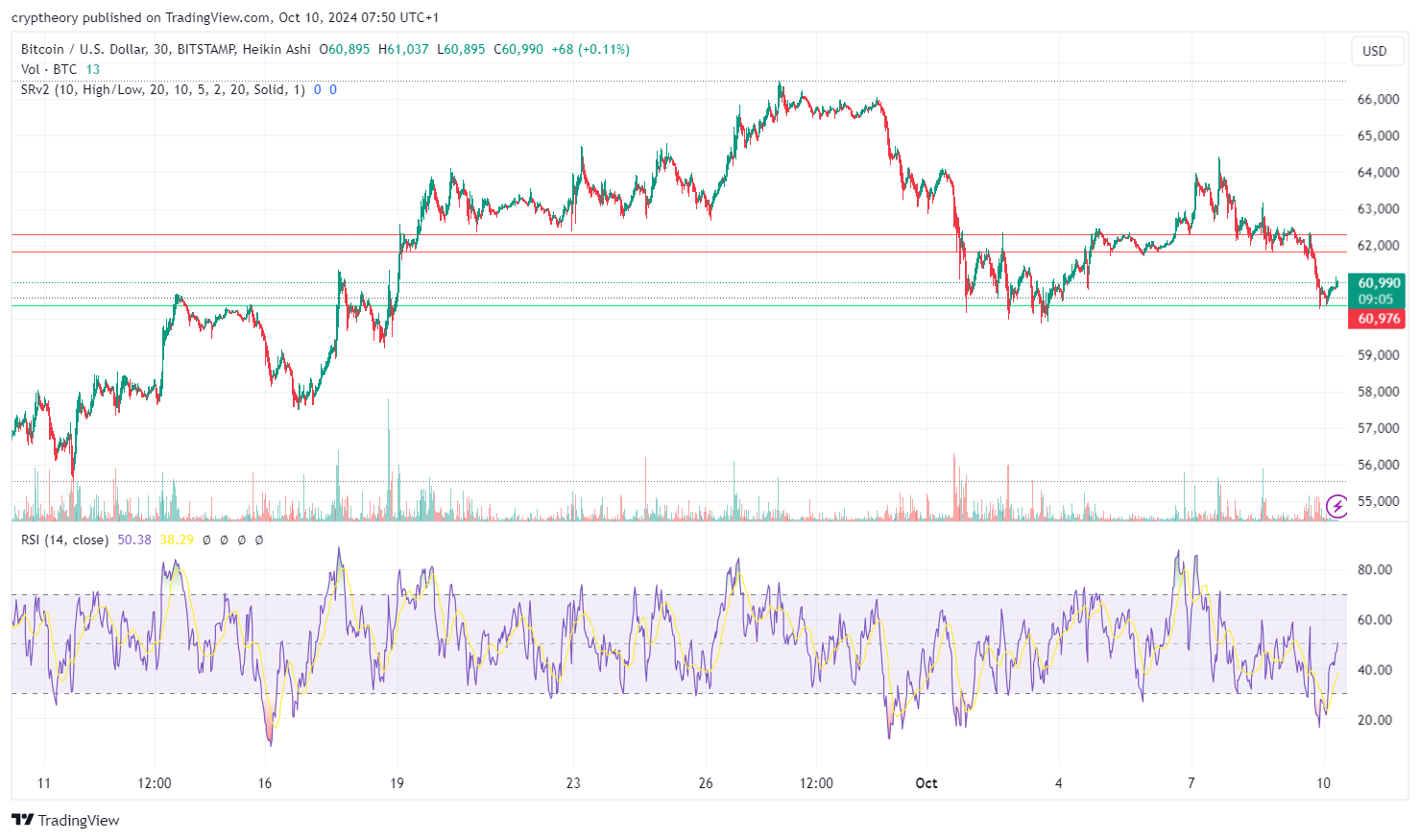Consumer watchdog Which? is calling for trade deals to introduce free mobile roaming to countries outside of Europe, warning that current restrictions could leave UK residents with hefty overseas fees.
Britons travelling outside of Europe may have their phones blocked once they reach their monthly cap, leaving them unable to make or receive calls, alongside excessive charges for data, the group has cautioned.
It is urging the government to strike trade deals with countries that protect consumer interests abroad to avoid consumers facing inflated charges.
UK residents are currently allowed to use their phones for making and receiving calls, sending messages and using the internet on their device in other European countries as they would at home with no fear of additional costs under the European Union’s “Rome Like At Home” initiative.

The transition period following the UK leaving the EU is due to finish on 31 December 2020, meaning that roaming charges may be reinforced in Europe from that date, depending on the decision of individual operators. However, all four major networks (EE, O2, Vodafone and Three) have said they have no current plans to charge their customers under the old roaming structure.
Although customers of EE, O2 and Vodafone are protected by daily charge caps in territories such as Japan, people who pay contracts with Plusnet, BT, Tesco and Virgin Mobile could be faced with charges ranging from £25 to £30 for uploading a single photo online while in the country, Which? claimed.
While the UK has agreed a trade deal with Japan in principle, the finer details of the agreement are unknown. Which? is calling for the UK government to consider roaming charges in future trade deals with the US, Australia and New Zealand, as well as reaching an agreement with the EU to prevent the reintroduction of roaming charges.
‘Exorbitant charges’
“British holidaymakers can face exorbitant charges and see their phone blocked when roaming with some network providers in countries outside of the EU, with simple functions such as uploading a photo potentially costing £30 and streaming a song nearly £20,” said Sue Davies, head of consumer protection at Which?.
“As trade talks intensify with priority countries, it is important that the government protects and ideally enhances consumer rights. Which? is calling for provisions to be included in these negotiations to put an end to some mobile operators charging excessively high fees when customers are abroad.”






















